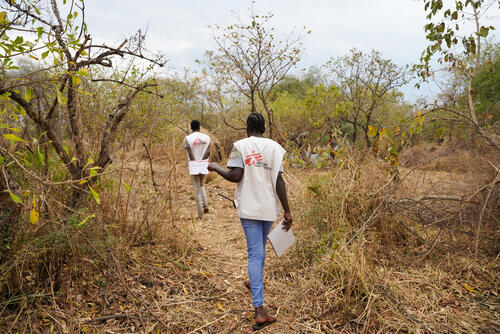Discover all our latest news, stories and publications. Use the filter to get to the content you're looking for.
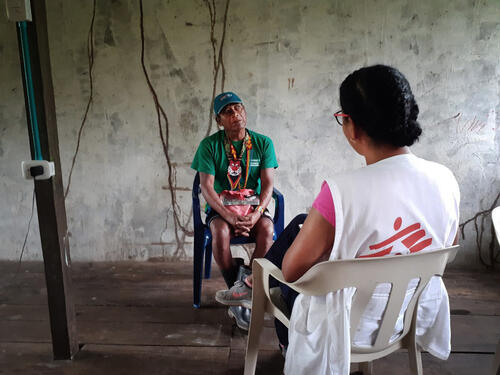
MSF responds to a resurgence of violence in Norte de Santander and Nariño
Speaking Out videos: MSF and the Rohingya 1992 - 2014
1978 : The Rohingya refugees in Bangladesh (In French)
Report from Bangladesh in the refugee camps of the Rohingya Muslim minority, driven out of Burma since last February by the Burmese authorities as part of the ethnic cleansing operation named “Dragon”.
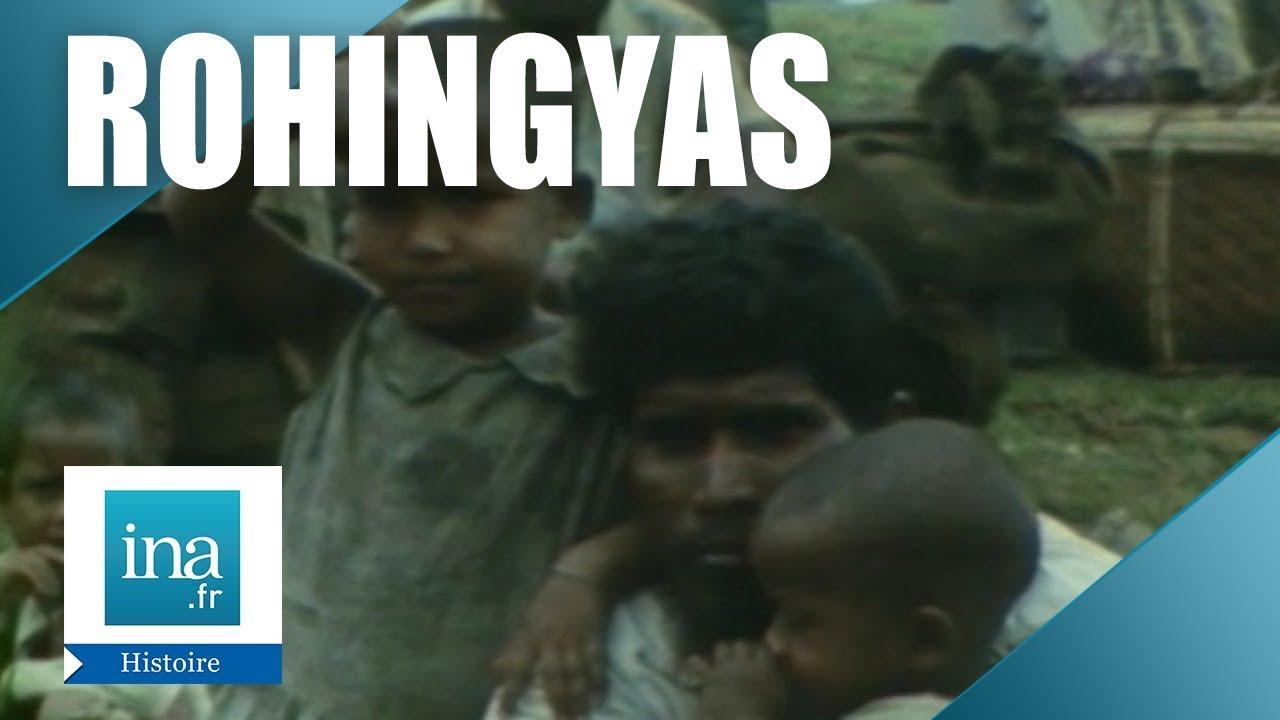
1978 : Les réfugiés Rohingyas au Bangladesh | Archive INA
MSF: 1992 a year in focus (in French)
More than 200,000 Rohingya arrived in Bangladesh fleeing violent persecution in Myanmar.
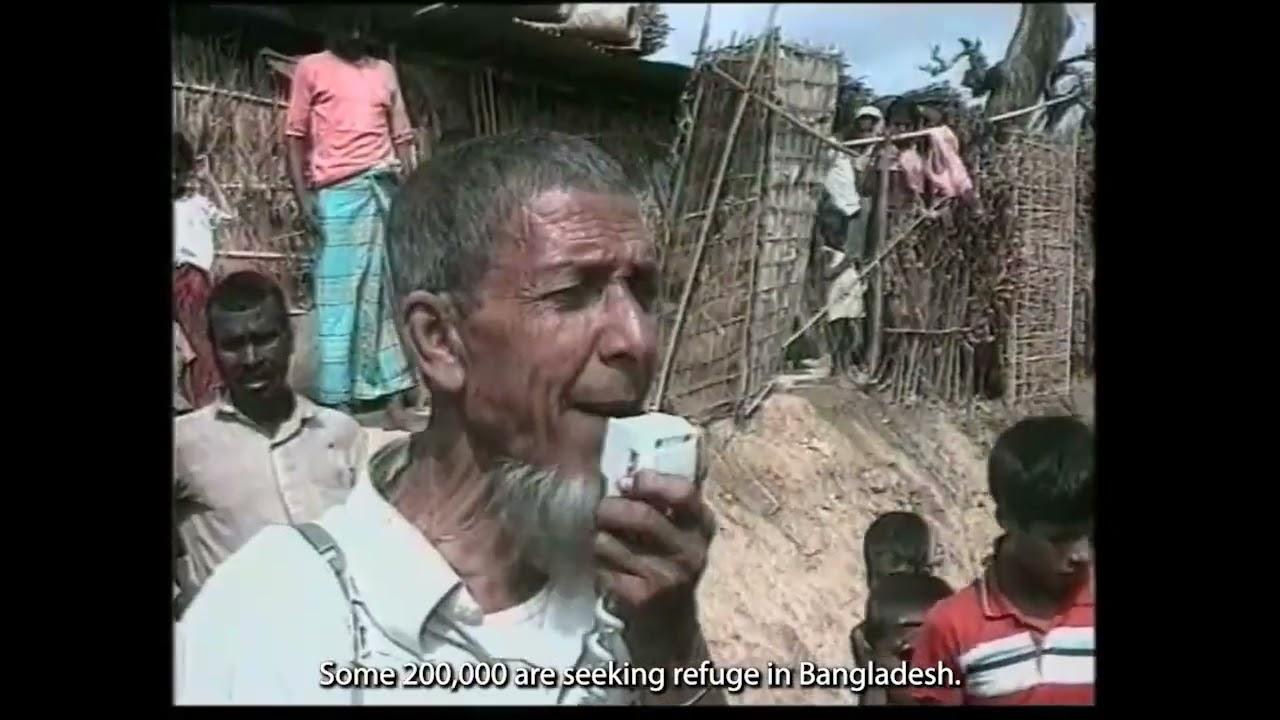
MSF: 1992 a year in focus (in French)
Cyclone batters Myanmar's main city Yangon
Report on cycle Nargis devastating most of Burma
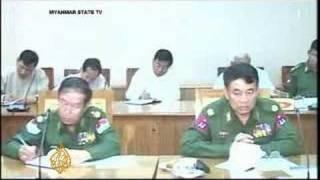
Cyclone batters Myanmar's main city Yangon
Cyclone Nargis Underscores Challenges in Delivering Aid
In May 2008, Cyclone Nargis devastated much of Burma. It also demonstrated the weakness of the international community in trying to deal with the country. For weeks, the military government blocked efforts to help more than two million survivors of the storm.
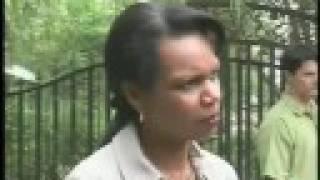
Cyclone Nargis Underscores Challenges in Delivering Aid
Medecins Sans Frontieres presser on Myanmar aid efforts
MSF Press Conference
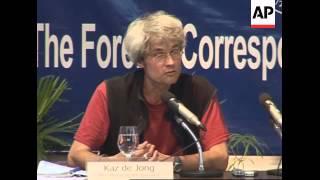
Medecins Sans Frontieres presser on Myanmar aid efforts
Bangladesh seeks end to Rohingya aid
Rohingya refugees in neighbouring Bangladesh are living in conditions described by Medecins Sans Frontieres/Doctors Without Borders (MSF) as catastrophic. Some 300,000 Muslim Rohingya refugees fleeing violence in Myanmar live here without food or clean water. The UN human rights envoy to Myanmar has called for an independent investigation into the recent violence in Rakhine state. But the Bangladeshi government has told three aid agencies including MSF to stop helping them.
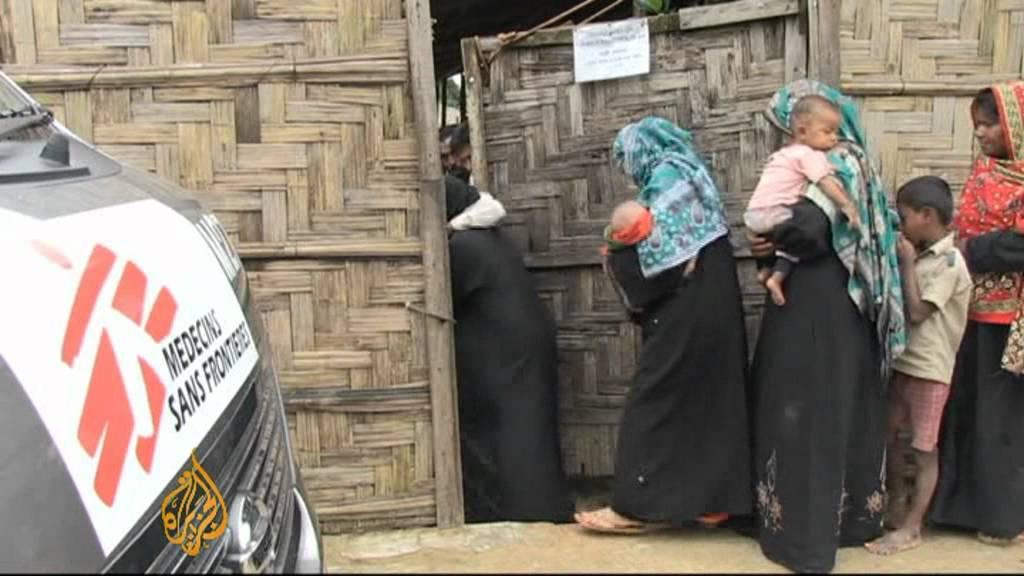
Bangladesh seeks end to Rohingya aid
Claims of ethnic violence in Burma
Human rights campaigners have accused the Burmese authorities of presiding over ethnic cleansing attacks on minority Rohingya Muslims. New footage has emerged of Buddhist attacks on Muslim homes and shops.
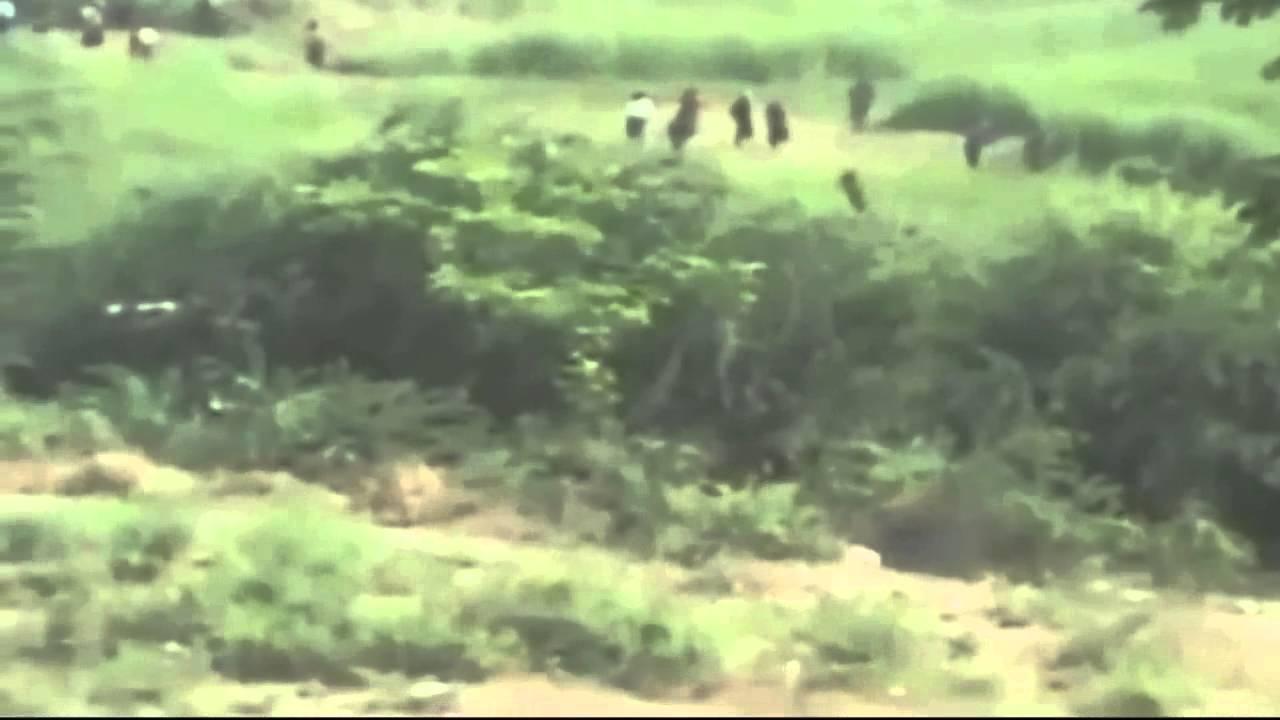
Claims of ethnic violence in Burma
Aung San Suu Kyi on the Rohingya Muslims
Aung San Suu Kyi explains her view on the violence committed against the Rohingya Muslim community of Myanmar. Footage shot at the Japan National Press Club in Tokyo.
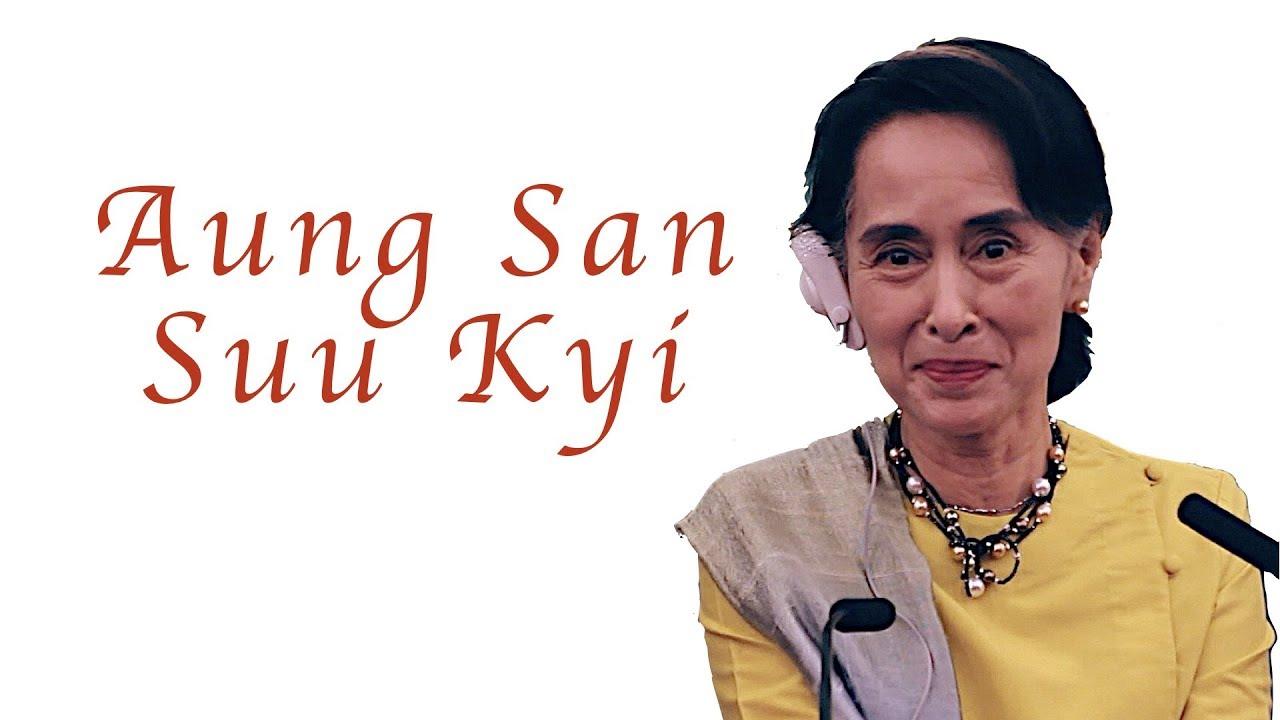
Aung San Suu Kyi on the Rohingya Muslims
Analysis: Myanmar’s conflicting narratives
aljazeera.comRakhine Peoples Protest Against MSF
Protests against MSF in 2014
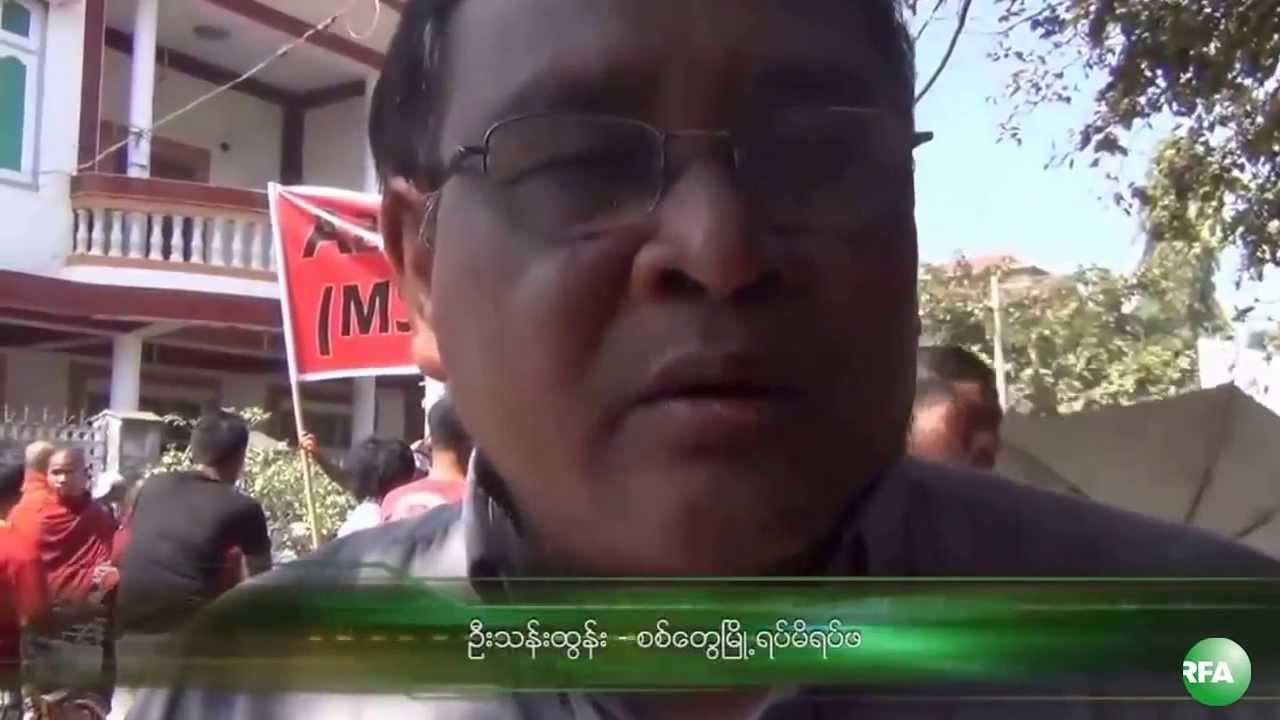
Rakhine Peoples Protest Against MSF
Rohingya exodus: Thousands of Rohingya Muslims have fled Myanmar
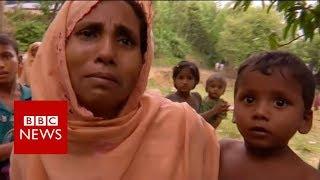
Rohingya exodus: Thousands of Rohingya Muslims have fled Myanmar
Rohingya crisis: they killed my beloved son in front of me
Testimony from Rohingya refugee Rashida who fled Myanmar when her village was attacked by Myanmar security forces.
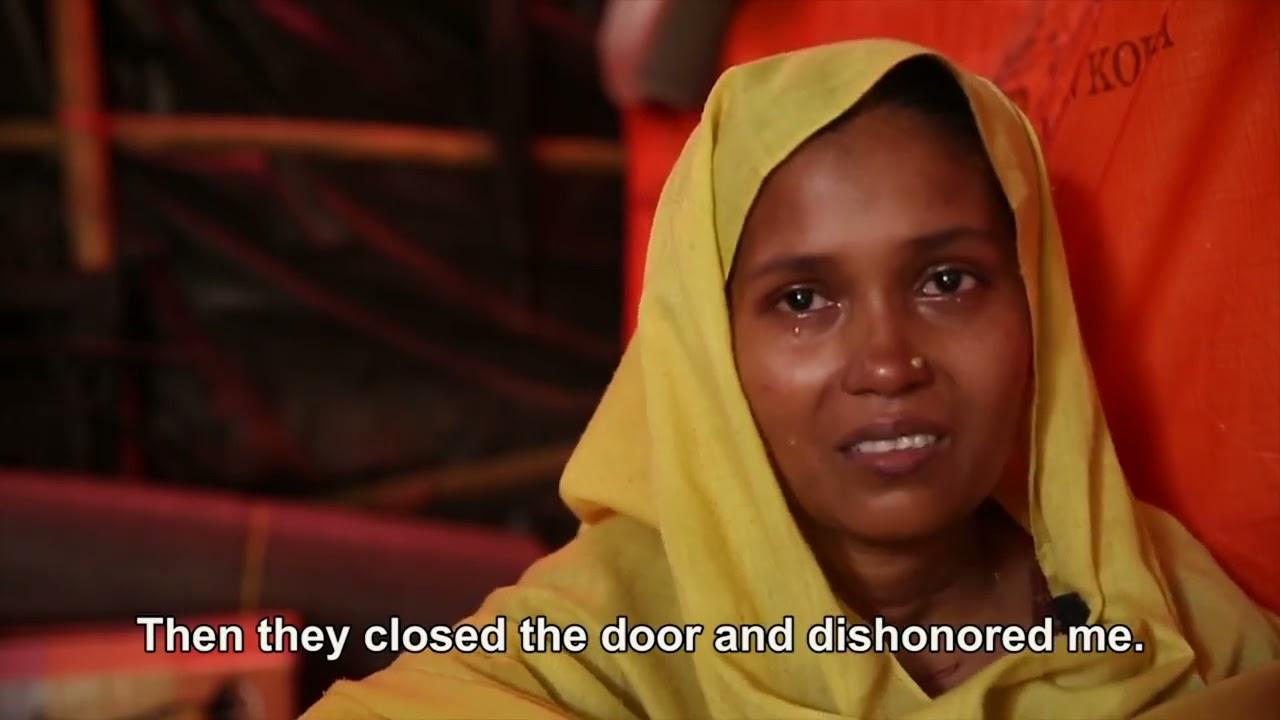
Rohingya crisis: they killed my beloved son in front of me
MSF: Myanmar army killed some 7,000 Rohingya in a month
A medical aid group estimates at least 9,000 Rohingya civilians died in Myanmar in just one month earlier this year, almost 7,000 of whom were killed in violent attacks by troops.

MSF: Myanmar army killed some 7,000 Rohingya in a month
Bangladesh/Myanmar situation: Statement of the ICC Prosecutor
Statement of the International Criminal Court (ICC)
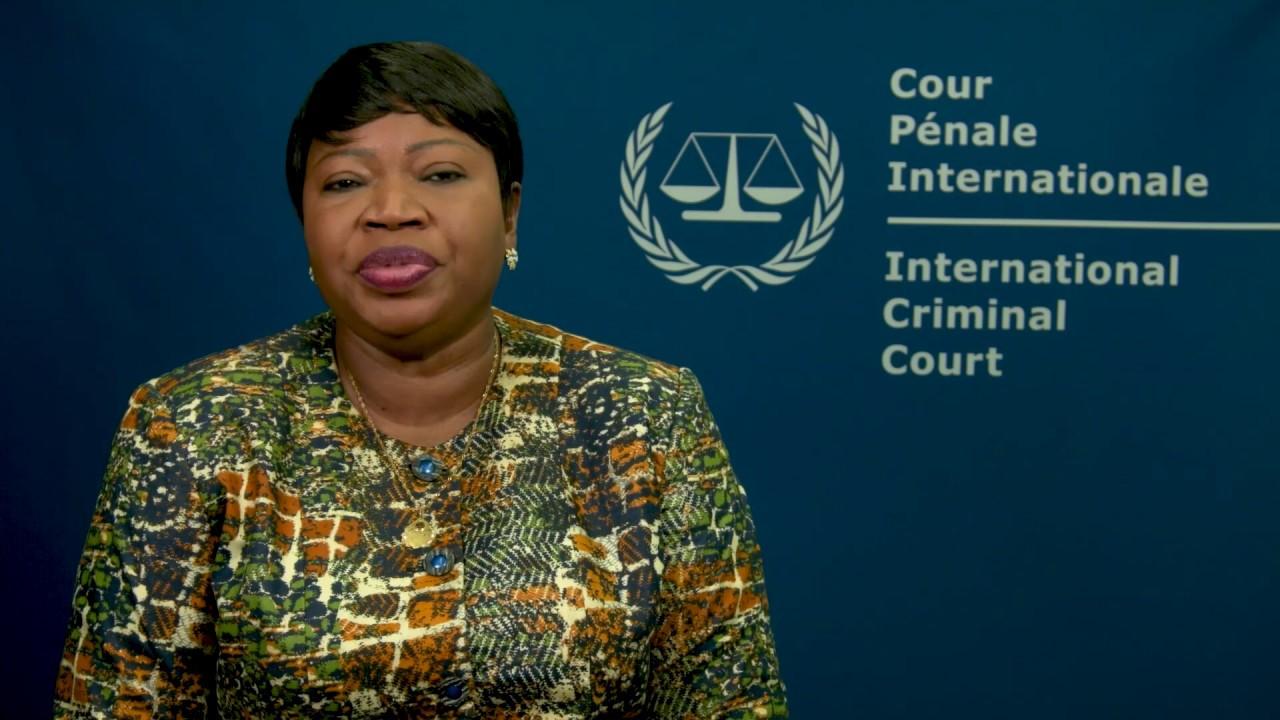
Bangladesh/Myanmar situation: Statement of the ICC Prosecutor
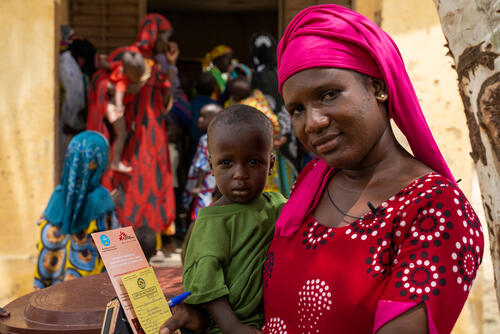
Prevention is better than cure – vaccinating against measles in Timbuktu
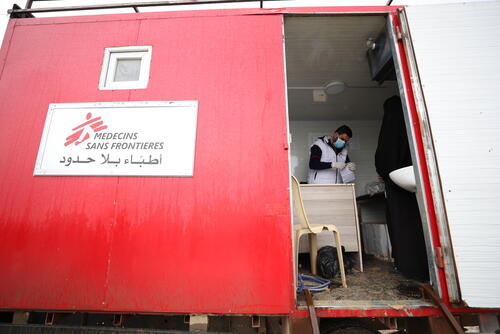
تلقي عشرات المصابين العلاج جراء غارة جوية في إدلب

Dozens of people treated following an airstrike in Idlib
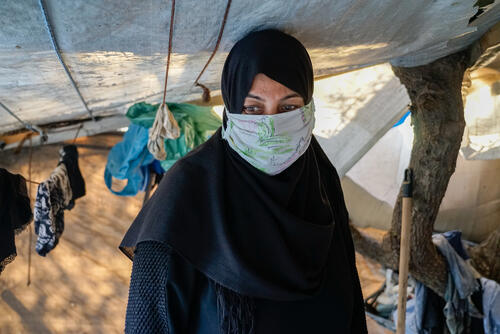
Negligent and dangerous COVID-19 response in Vathy camp, Samos
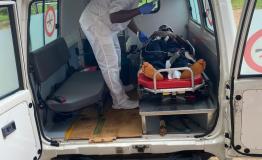
Doctors Without Borders responds to school shooting in southwest Cameroon
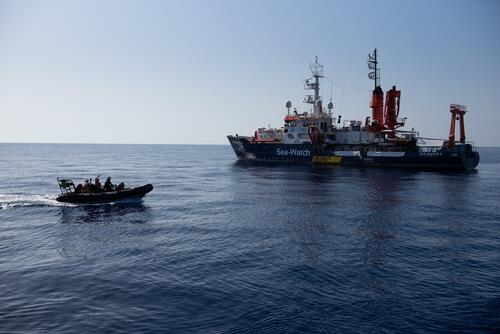
حياة الناس على المحك بانتظار قرار الطعن القانوني المقدم لتحرير سفينة سي ووتش 4

Lives on the line as legal appeal lodged to free the Sea-Watch 4
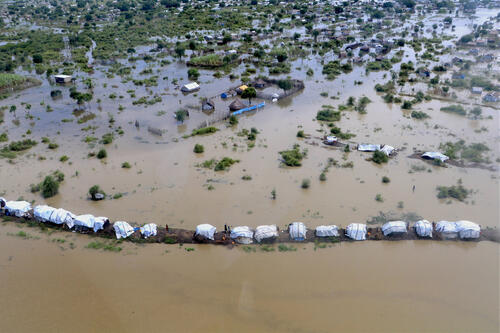
Worsening flooding increases health risks
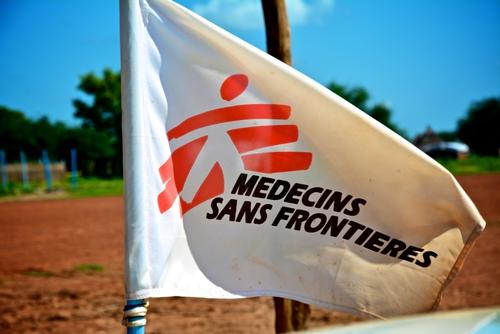
MSF response in Nagorno-Karabakh
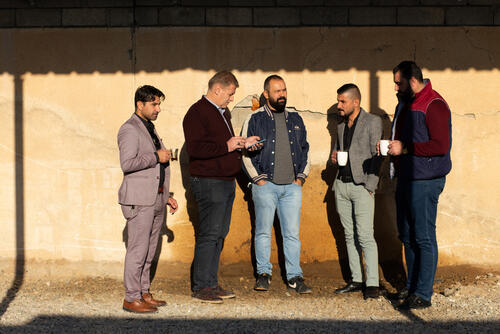
إنسانيون خلف الكواليس في العراق

Humanitarians behind the scenes in Iraq
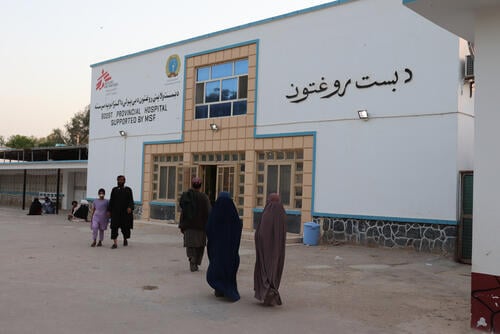
قصص مرضى من أفغانستان "موجعة بقدر إصاباتهم"
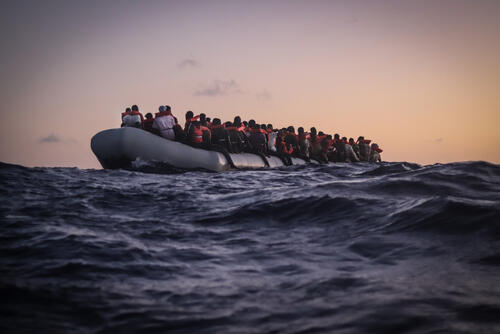
Five things to know about the Mediterranean search and rescue crisis

Sharing patients’ stories “as devastating as their injuries” in Afghanistan

Articles thématiques
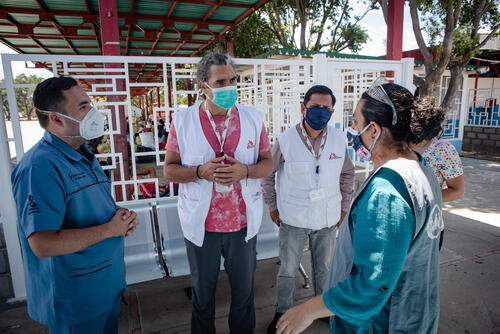
MSF teams improve conditions for Venezuelan returnees in quarantine centres
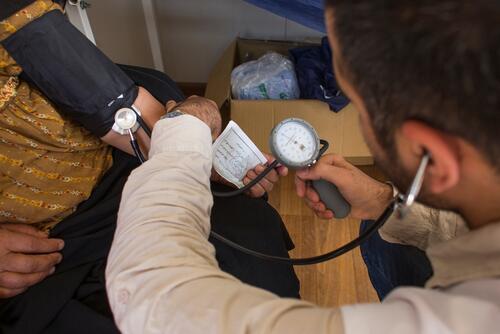
MSF hands over last projects in Diyala, Iraq, after six years

ست سنوات من عمل أطباء بلا حدود في محافظة ديالى العراقية
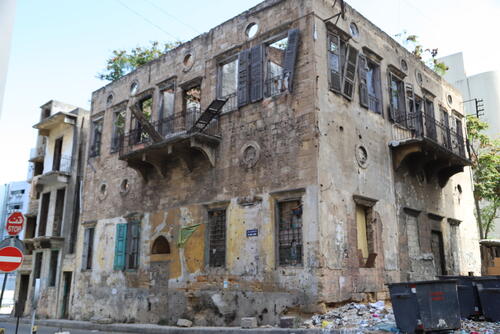
احتياجات الصحة النفسية تشهد ارتفاعًا حادًا في أعقاب انفجار مرفأ بيروت
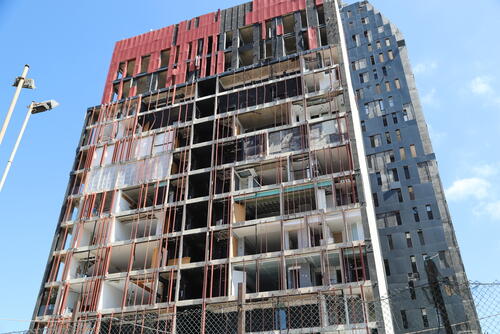
“I needed to make myself useful to overcome the panic”
ملفات تعريف الارتباط
كما في معظم المواقع، يضع موقعنا الإلكتروني في متصفّح جهاز الكمبيوتر الخاص بكم "ملفات تعريف الارتباط - كوكيز"، وهي ملفات نصية صغيرة. تساعدنا ملفات تعريف الارتباط في تحسين عمل موقعنا كما تتوقعون، وفي جمع المعلومات حول كيفية استخدامكم لموقعنا وتحليل حركة المرور عليه. لكننا لا نخزن أية معلومات تحدد هويتكم الشخصية، بل نخزن فقط رقمًا فريدًا بالجلسة يساعدنا في العثور على ملف تعريف المستخدم الخاص بكم والتفضيلات المتصلة به لتسهيل زيارتكم المقبلة.
يمكن أن تكون الكوكيز دائمة أو خاصة بكل جلسة تصفّح، ويستخدم موقعنا الإلكتروني كلا النوعين. يتمّ تخزين الكوكيز الدائمة على جهاز الكمبيوتر الخاص بكم، ولها تاريخ انتهاء صلاحية (تنتهي صلاحية ملفات تعريف الارتباط افتراضياً بعد 23 يومًا). يمكن استخدامها لمعرفة مساركم في التصفّح بالعودة إلى موقع الإصدار أو أحد مكوناته. يمكنكم إزالة ملفات الكوكيز الدائمة من خلال اتباع الإرشادات الواردة في قائمة "مساعدة" في برنامج تصفّح الإنترنت الذي تستخدمونه.
- إنّ الكوكيز الخاصة بكل جلسة هي قصيرة الأجل إذ لا يتم استخدامها إلا أثناء جلسة تصفح واحدة، وتنتهي صلاحيتها عند إغلاق برنامج تصفّح الإنترنت.
- يمكنكم رفض قبول الكوكيز من خلال تفعيل أو ضبط الإعداد الذي يسمح لكم بذلك. تختلف التعليمات حول كيفية القيام بهذه الخطوة من متصفّح إلى آخر، ويمكنكم معرفة المزيد من خلال الموقع التالي www.allaboutcookies.org، لكن تذكّروا أنكم لن تتمكّنوا من الاستفادة من بعض الميزات والوظائف الموجودة على الموقع إذا اخترتم تعطيل الكوكيز. فضلاً عن ذلك، يتعيّن عليكم ضبط الإعدادات الخاصة بالكوكيز في كل متصفّح أو جهاز تستخدمونه لزيارة موقعنا الإلكتروني. إن المحتوى الذي يتم إرساله باستخدام ملف تعريف الارتباط يشير إلى المحطة التي تم إصدار ملف تعريف الارتباط لها وليس إلى الشخص الذي يتصفّح الموقع. وبالتالي، لا يختلف هذا المحتوى من مستخدم لآخر على نفس المحطة.
- قد يحتوي موقعنا الإلكتروني على كوكيز تحيلكم إلى مواقع أخرى تستخدم بدورها تقنية ملفات تعريف الارتباط. تجدر الإشارة إلى أننا لا يمكننا الوصول إلى الكوكيز الخاصه بتلك المواقع أو التحكّم بها.
ما هي الكوكيز التي نستخدمها؟
الكوكيز الضرورية للغاية
إن هذه الكوكيز ضرورية لعمل الموقع ولا يمكن إيقاف تشغيلها في أنظمتنا. يمكنكم ضبط متصفحكم لحظر الكوكيز أو تنبيهكم إليها، ولكن ستتعطل حينها أجزاء من الموقع. إن هذه الكوكيز لا تخزن أي معلومات تعريف شخصية.
كلاود فلير Cloudflare: نستعمل شبكة تسليم المحتوى هذه لحماية موقعنا من هجمات افتراضية لخرق الموقع وتحسين سرعة أدائه.
الكوكيز الوظيفية
منصة تحليلات جوجل Google analytics: تساعدنا هذه الكوكيز في حساب عدد الزيارات ومصادرها لنستطيع قياس وتقييم أداء موقعنا وتكوين فكرة حول المستخدمين لتحسين الموقع وخياراته التحريرية وفق البيانات المتاحة لنا. هذه الكوكيز ضرورية لنا، ودونها لا نستطيع معرفة متى زرتم موقعنا ولا نستطيع تقييم ما إذا كان يعمل جيدًا. لا تجمع منصة تحليلات جوجل أي بيانات شخصية أو عناوين بروتوكول الانترنت (IP). هذه الكوكيز هي:
gid
gat_UA-25404418-8
ga
gat_UA-25404418-5
gclxxxx,
gat_xxxxxxxxxxxxxxxxxxxxxxxxxx
gat_gtag_UA_25404418_8
gcl_au
gat_gtag_UA_3899909_31
الكوكيز الخاصة بالأداء
فيسبوك Facebook: نستخدم فيسبوك لنتحقّق من مدى فعالية الحملات المدفوعة التي نقوم بها على موقعهم، كما يساعدنا ذلك في معرفة ما إذا كنا نخاطب الأشخاص المناسبين. يتمّ ذلك وفقًا لسياسات فيسبوك، ويمكنكم معرفة المزيد عن هذه سياسة الكوكيز الخاصة بموقع فيسبوك هنا.
هوتجار Hotjar: يوفر لنا هوتجار تحليلًا مرئيًا معمقًا حول تجربة المستخدم الخاصة بكم على موقعنا الالكتروني. تحدد هذه الكوكيز رقمًا فريدًا للزائر خلال جلسة تصفح واحدة وتشير أنها مدرجة في عينة الجمهور، ويضمن أن تُنسب الزيارات المقبلة للموقع إلى رقم المستخدم نفسه.
حول لافتة الكوكيز
خلال زيارتكم الأولى للموقع، تعلمكم لافتة باستخدامنا لتقنية الكوكيز، وتدعوكم هذه اللافتة لتحديد خياراتكم من خلال ضبط متصفحكم للحد من الكوكيز أو الموافقة على استخدامنا لها والاستمرار في تصفحكم. يمكنكم تغيير الإعدادات في أي وقت لقبول أو رفض الكوكيز.
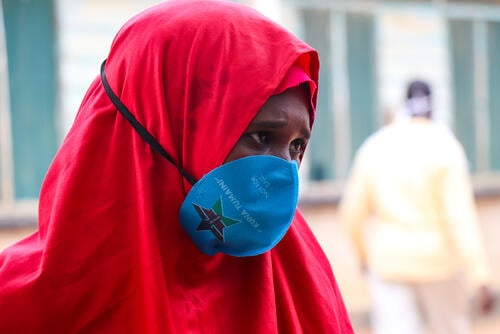
COVID-19 further fuels mental health crisis in Dadaab as durable solutions falter
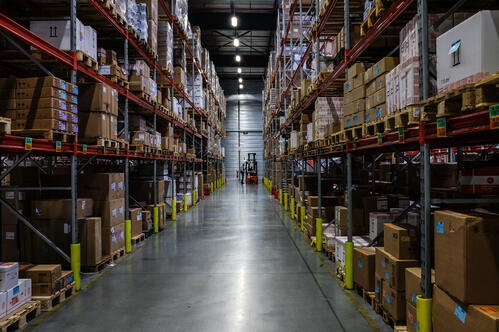
How we deliver medical humanitarian assistance
Everywhere we work, the circumstances are unique. Nonetheless, our programmes generally follow a common set of practices designed to make sure our resources and expertise are used to maximum effect.




